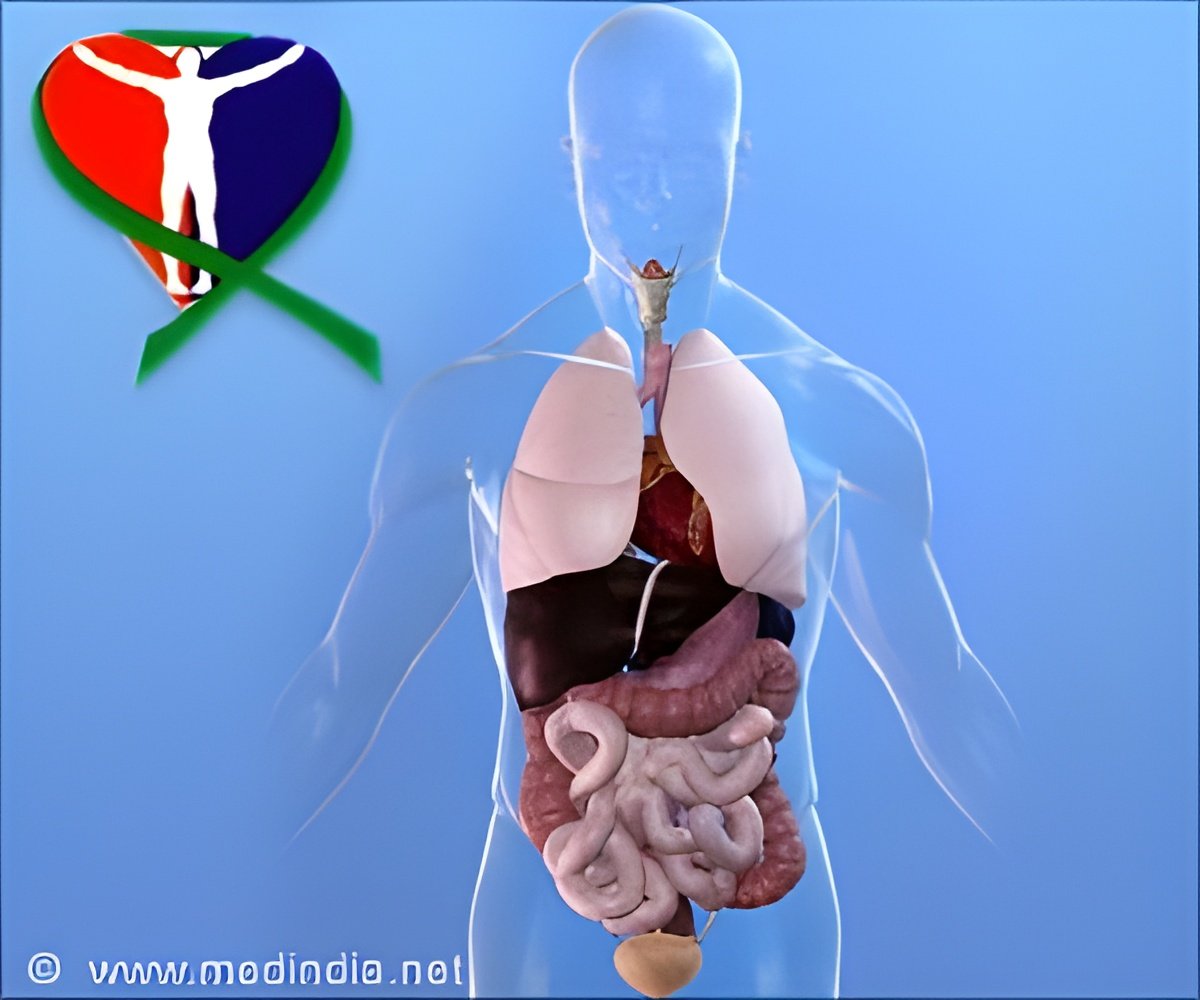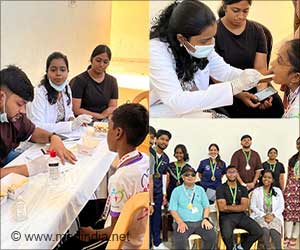
Living donors incur out-of-pocket expenses averaging $5,000. The insurance of recipient covers the donor’s medical expenses, but it won’t cover transportation, lodging, childcare and lost wages. Families of deceased donors may face higher hospital and funeral costs resulting from donation.
“Donor costs should be incorporated into the cost of the transplant. The donor should bear no economic detriment,” said Tom Mone, CEO of OneLegacy.
While there’s agreement that financial barriers prevent too many potential donors from proceeding with the surgery, incentives are a murky territory. Offering incentives to living donors, however, is so ethically charged. We don’t know if that would result in exploitation or undue inducement, said Elisa Gordon, Medical anthropologist, Northwestern University.
“We have a responsibility to living donors. But, we basically take their kidney and say goodbye,” said Salmon. He maintains that donors should receive lifetime health coverage, while other working group members have suggested coverage for a certain time.
Working group members say a balance should be struck between burdensome donation costs and compensation, and this balance can be identified in careful consideration of other incentives- but not cash. “We need to initiate discussions with a broad group of stakeholders in this country, starting with the patients, families and payers,” said Salomon.
Advertisement










